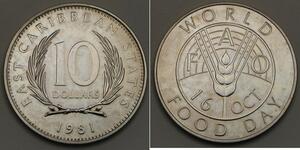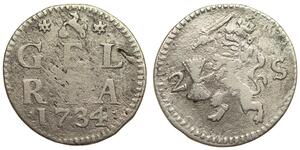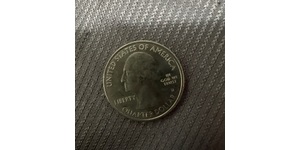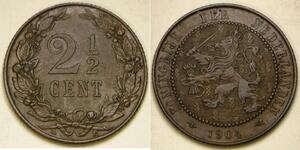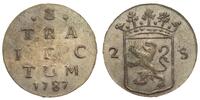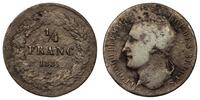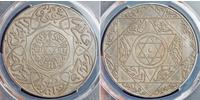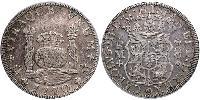2025-06-25 - Live Coin Catalog's improvements / coins uploading
11 coins were uploaded from 2025-06-18 to 2025-06-25
One of them is:
2025-06-20 -
New coins
New coins from
Save seller - sloveniacoins.
One of them is
One of them is
EAST CARIBBEAN STATES 10 Dollars 1981 - Cu-Ni - FAO / World Food Day - UNC -171*
2025-06-20 -
New coins
2025-06-18 - Live Coin Catalog's improvements / coins uploading
536 coins were uploaded from 2025-06-11 to 2025-06-18
One of them is:
2025-06-18 - Live Coin Catalog's improvements / coins grouping
22 coins were grouped from 2025-06-11 to 2025-06-18
One of them is:
2 1/2 Cent Netherlands
group has 18 coins / 14 prices
⇑
NETHERLANDS 2-1/2 Cents 1904 - Copper - Wilhelmina - XF/aUNC - 3791 *
|
The Kopeck (also spelled as Kopek or Kopiejka) is a historical and current monetary unit used in various countries, primarily in Eastern Europe and parts of the former Soviet Union. The Kopeck has undergone several variations in terms of its material, denominations, and designs across different ... |
|
The Habsburg Monarchy (or Habsburg Empire) covered the territories ruled by the junior Austrian branch of the House of Habsburg (1278–1780), and then by the successor House of Habsburg-Lorraine (since 1780), between 1526 and 1867/1918. The capital was mainly Vienna, except from 1583 to 1611, wh ... |


